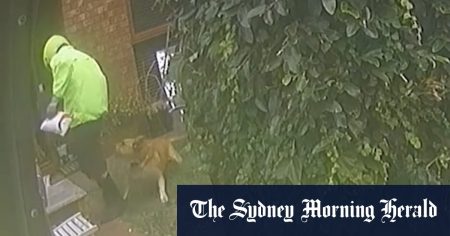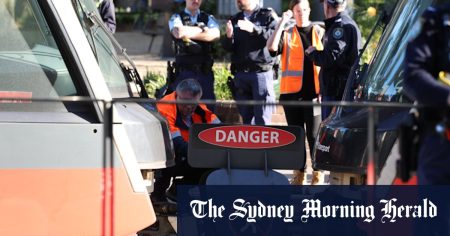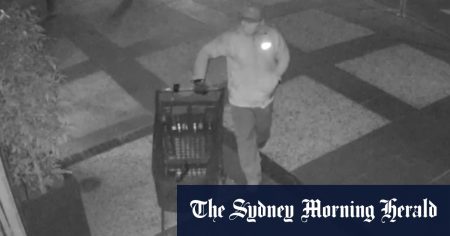The Australian Federal Police (AFP) has achieved a significant victory against organized crime through “Operation Ironside,” a sophisticated investigation into the encrypted communication app known as Ghost. This operation, which culminated in a series of raids in September, has resulted in significant arrests, seizures, and the disruption of criminal activities both within Australia and internationally. The AFP’s infiltration of the supposedly “unhackable” Ghost network, allegedly operated from a suburban Melbourne home, has exposed a complex web of criminal enterprises, including drug trafficking, money laundering, and planned acts of violence.
The operation’s success is evident in the sheer volume of illicit materials and assets seized. To date, authorities have confiscated 230 kilograms of drugs, preventing their entry into the Australian market. They have also seized 29 illegal weapons, along with $3.4 million in cash and a staggering $24.37 million in assets. The disruption extends beyond material seizures, with police intervening in approximately 50 threats to life identified through intercepted messages. The operation’s impact on the criminal underworld is undeniable, effectively dismantling a key communication channel used to coordinate illegal activities.
The investigation has led to the arrest of 52 individuals across several Australian states, including prominent figures in organized crime. Among those arrested is alleged drug lord Guy Habkouk, accused of using the Ghost app to plot the acquisition of a vast arsenal of weapons, including machine guns, bombs, hand grenades, rocket launchers, and flags bearing terrorist insignia. This highlights the severity of the crimes being planned and the potential for widespread harm that has been averted thanks to the AFP’s intervention. Other individuals charged face a range of serious offenses, including drug trafficking, money laundering, ordering killings, and threatening serious violence.
At the heart of the Ghost network is Jay Je-Yoon Jung, a 32-year-old Melbourne man identified as the alleged architect and administrator of the encrypted app. Jung was arrested at his parents’ home in Narwee and now faces a series of charges related to drug trafficking, dealing in cryptocurrency suspected to be proceeds of crime, and failing to comply with lawful orders to provide information regarding serious criminal activities. The AFP seized a high-end Mercedes vehicle and $9.3 million in cryptocurrency linked to Jung, further demonstrating the scale of his alleged involvement in criminal enterprises.
The operation’s impact extends beyond Australia’s borders, with coordinated raids taking place in Ireland, Italy, Sweden, and Canada. This international collaboration underscores the global reach of organized crime and the necessity of international cooperation to effectively combat it. The dismantling of the Ghost network and the arrest of key figures represent a significant blow to transnational criminal organizations, disrupting their communication channels and hindering their ability to operate across borders.
Operation Ironside serves as a testament to the effectiveness of sophisticated law enforcement techniques in combating modern organized crime. The AFP’s infiltration of the Ghost network, coupled with international cooperation, has not only led to significant arrests and seizures but has also prevented serious crimes from occurring, safeguarding the Australian community and contributing to global security efforts. The ongoing investigation and prosecution of those involved will continue to disrupt criminal operations and serve as a deterrent to future criminal activity.










